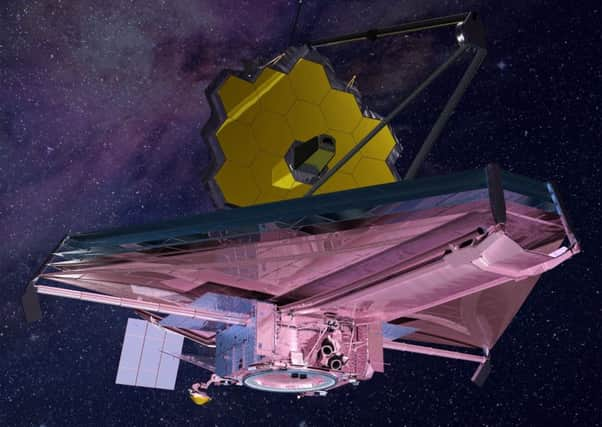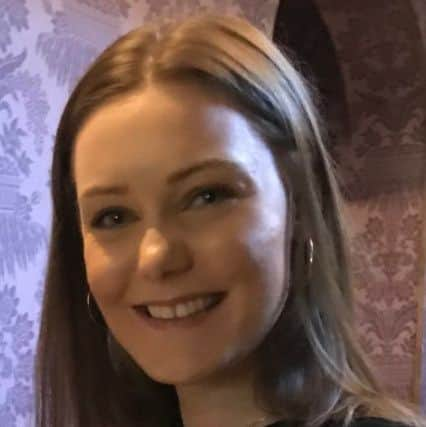Storrington student swaps music for telescopes with NASA


Jessica May Hislop, 25, who is completing her masters degree, said choosing to study physics with astrophysics at Sussex University five years ago was the ‘best decision’ she ever made.
A keen musician who plays piano, flute, organ and composes music, Jessica was a couple of months into a music degree at the Royal Conservatoire of Scotland when she realised she was missing academia.
Advertisement
Hide AdAdvertisement
Hide AdShe said: “I started studying mathematics (at GCSE level) just as something to keep my mind going. I was watching a lot of ‘space’ documentaries as well and I just got into my head that I wanted to study physics.


“I didn’t have maths or physics A-levels, so I knew it was going to be difficult to get into, but I started Googling universities which had foundation year schemes in order for me to get into a degree.
“I contacted Sussex and once I was accepted into my physics foundation year, I left the Royal Conservatoire of Scotland and I’ve never looked back. I am now in the final year of my integrated masters degree. It was the best decision I have ever made.”
Jessica – who is working on her masters project predicting the number of gravitational wave events she expects to be able to observe – has also begun working on NASA’s James Webb Space Telescope which will be launched into space in 2020.
Advertisement
Hide AdAdvertisement
Hide AdShe added: “This is an infrared telescope which will be one of the most exciting advancements in observational astronomy in the next few years. We will be able to study atmospheres of these planets and potentially look for any signs of environments which seem suitable to support life.
“We can make predictions for what we expect to see, so that when the telescope launches and we can start analysing the data, we have routines in place ready to get results out as soon as possible.”
Jessica also had some advice to anyone planning to study astrophysics: “It’s hard work but it’s so worth it. I count myself extremely lucky that I work on something everyday that I really love. The physics/astronomy community is also wonderful. Going to conferences and being surrounded by scientists all working on similar things is amazing.”